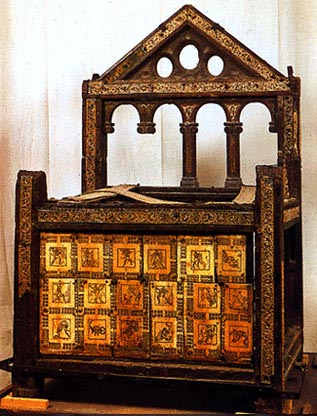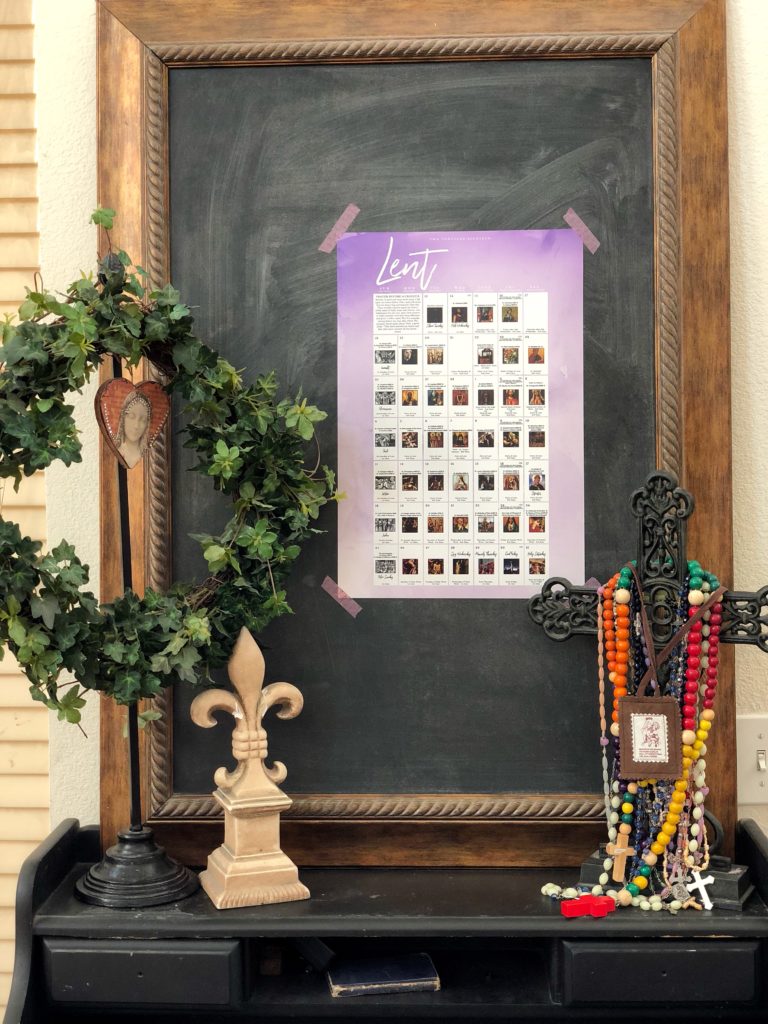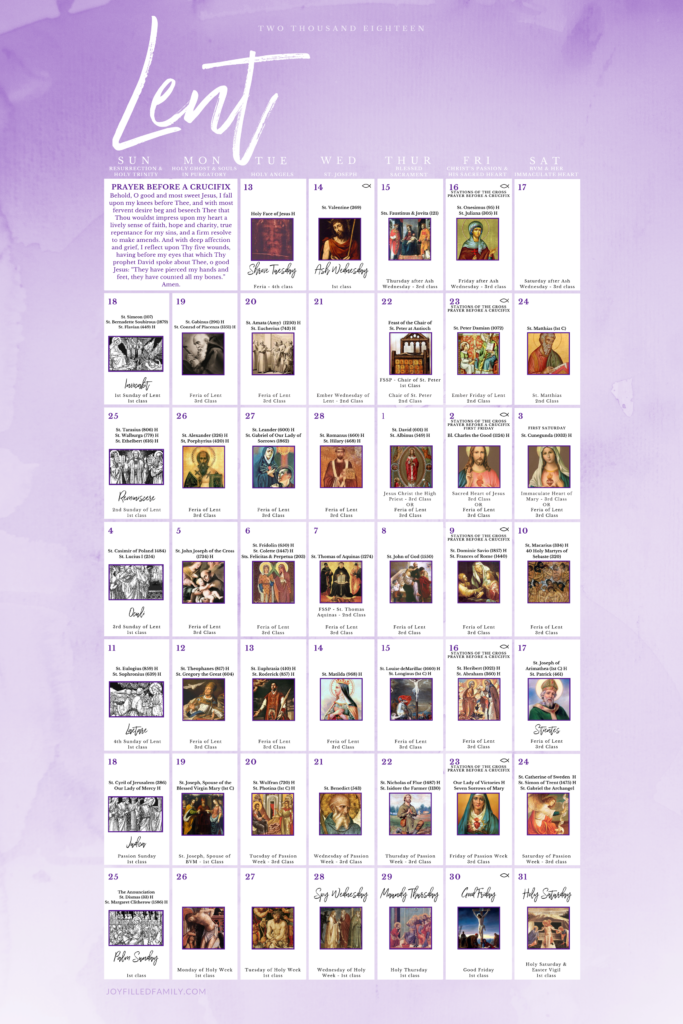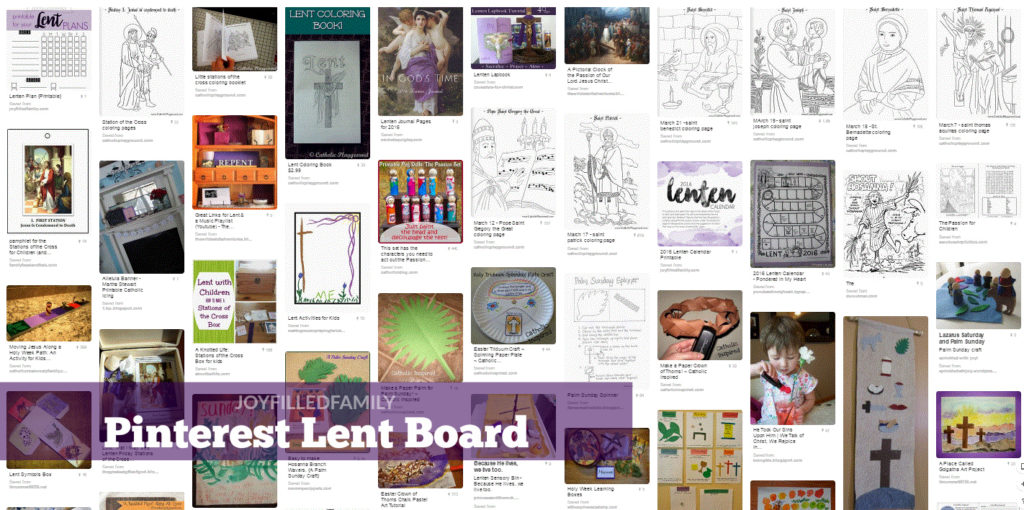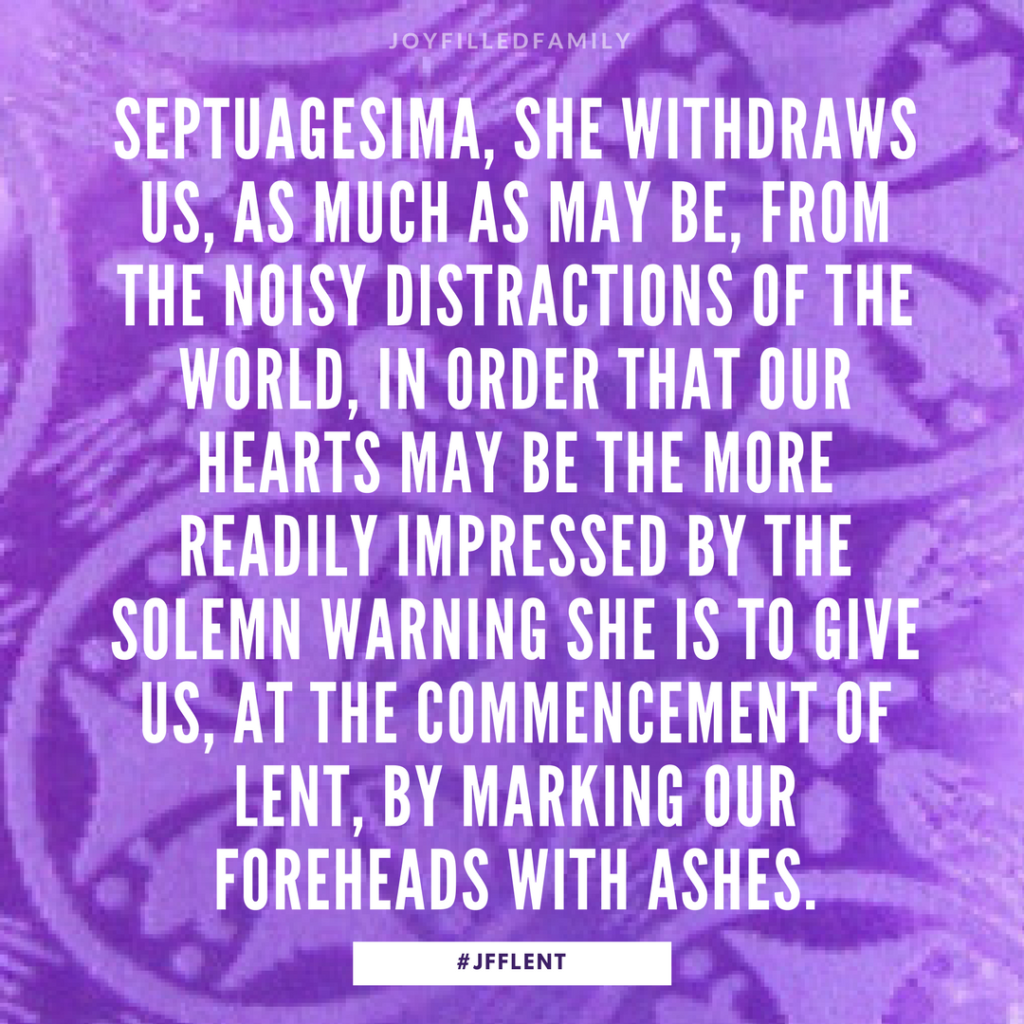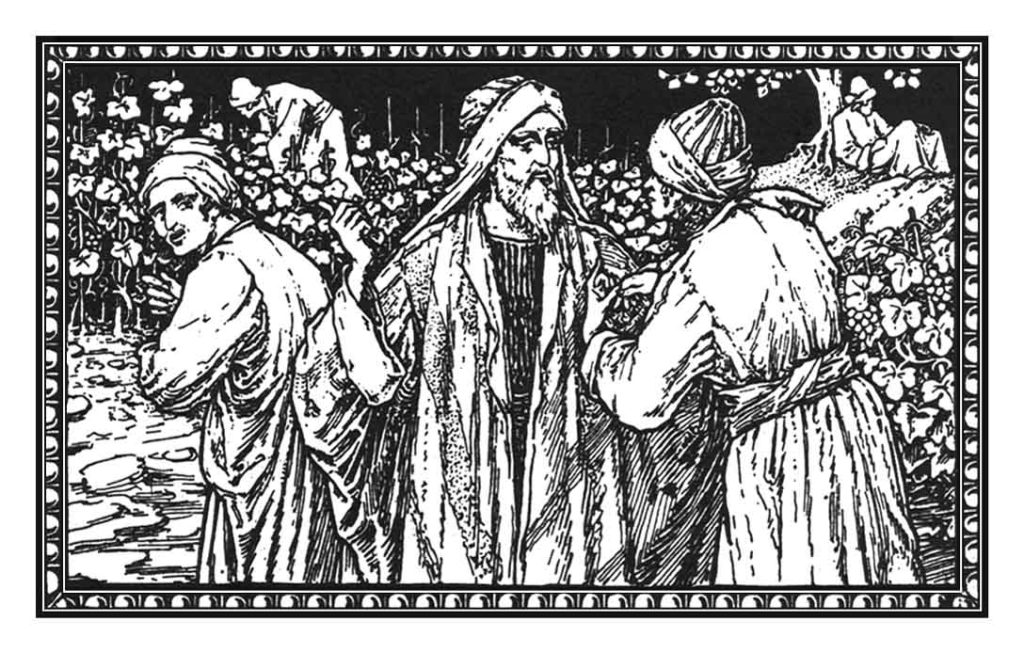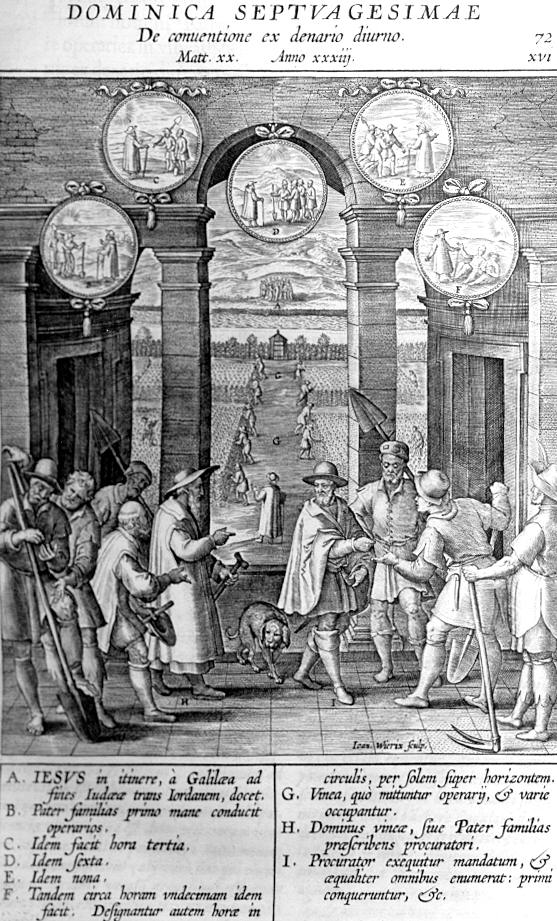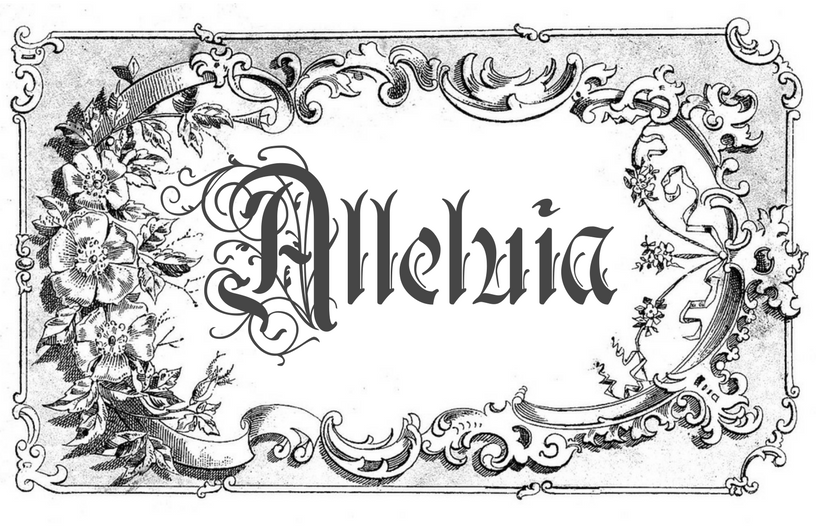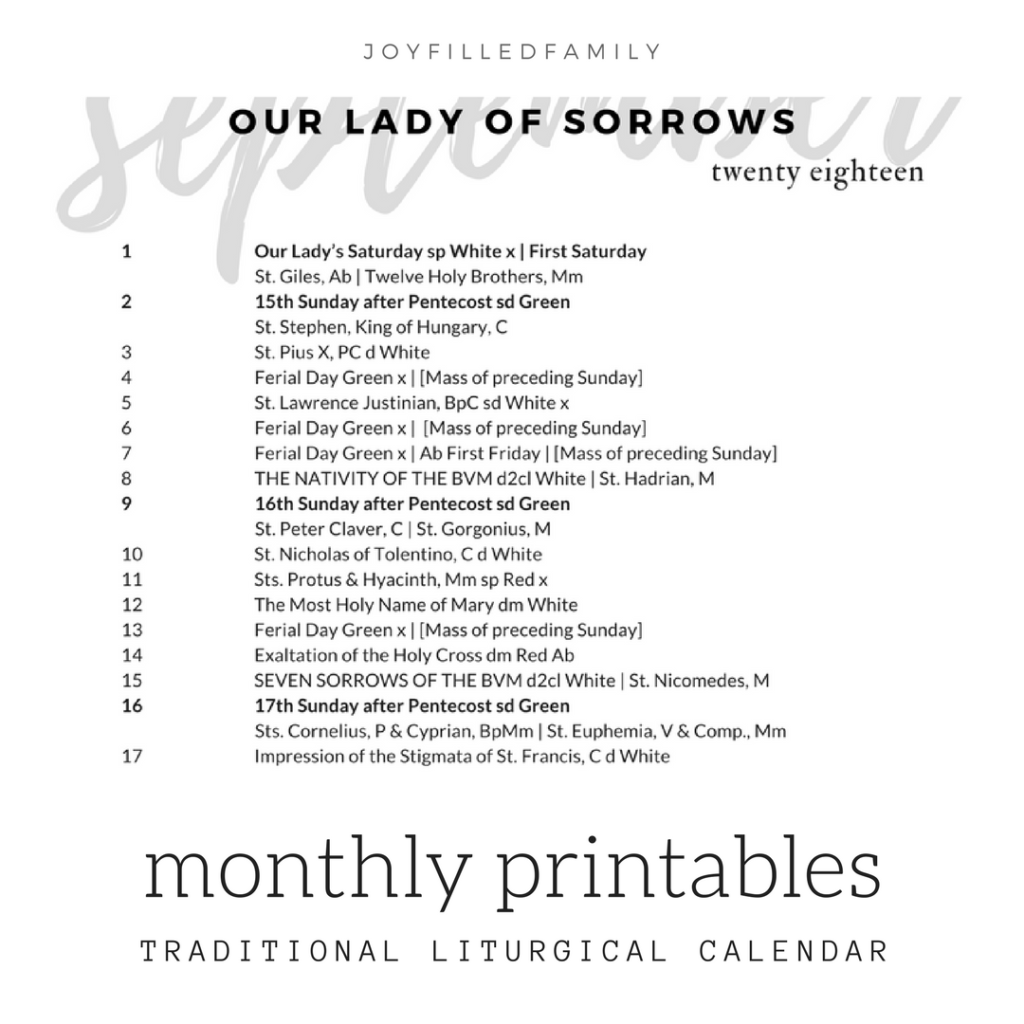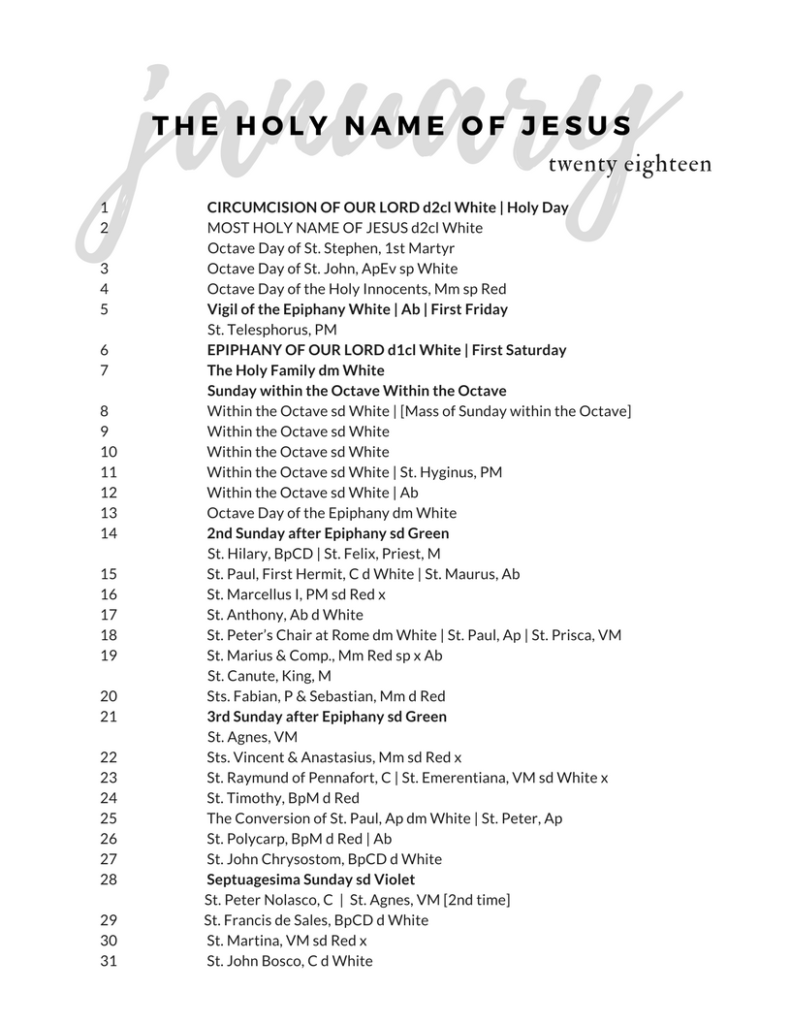St. Peter was the prince of the apostles and the first pope. Jesus said to him, “You are Peter, and on this rock, I will build my church” (Matthew 16:18). The name ‘Peter’ means rock.
SAINT PETER’S CHAIR AT ANTIOCH
FEB. 22 – GREATER DOUBLE / WHITE
1st. Class Feast for FSSP and CSP
This feast commemorates the seven years during which Pope Peter ruled the Church from Antioch before he went to Rome. Since the majority of the Jews had rejected Christianity, Peter left Jerusalem and founded the see of Antioch among the Gentiles. In that large Eastern city, Christianity took deep root, and it was there that the faithful were first called by the name of Christians. After seven years the Vicar of Christ transferred his see to Rome, the very center of the ancient world, so that from it the messengers of salvation might radiate to the uttermost ends of the earth.
Hâc cathedrâ, Petrus quâ sederat ipse, locatum
Maxima Roma Linum primum considere iussit.(On this chair, where Peter himself had sat,
great Rome first placed Linus and bade him sit.)
“Blessed art thou, Simon BarJona: because flesh and blood hath not revealed it to thee, but my Father who is in heaven. And I say to thee: That thou art Peter; and upon this rock I will build my church, and the gates of hell shall not prevail against it. And I will give to thee the keys of the kingdom of heaven. And whatsoever thou shalt bind upon earth, it shall be bound also in heaven: and whatsoever thou shalt loose on earth, it shall be loosed also in heaven.” ~ Matt. 16:13-19
The Apostolic Penitentiary, by virtue of the faculties granted to it, has kindly willed to grant (by decree of June 7, 2008 and May 11, 2015, for 7 years as is customary) to the members of the Confraternity of Saint Peter at the usual conditions (sacramental confession, Eucharistic communion and prayer at the intentions of the Sovereign Pontiff).
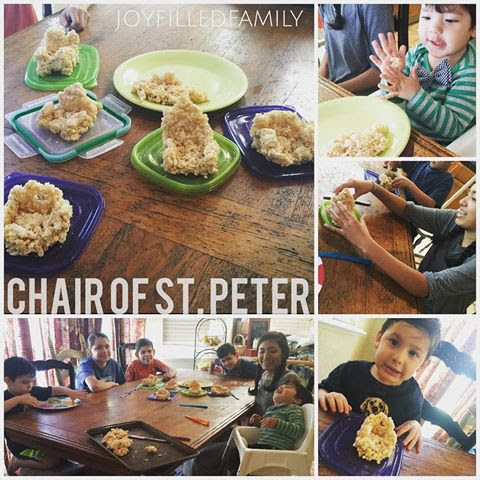 Chair of St. Peter molded by children using Rice Krispy Treats
Chair of St. Peter molded by children using Rice Krispy Treats
The feast of St. Peter’s Chair at Rome reminds us that St. Peter started the Christian community in that city. The special chair is a symbol of the authority that was given to him by Jesus. Kings of old sat on thrones and ruled. Peter’s chair is a symbol of his authority from Jesus to rule the Church.
RESOURCES:
- Chair of St. Peter info for kids _Holy Spirit Interactive
- Feast of the Chair of St. Peter the Apostle – EWTN
- Feast Day Treats – Catholic Cuisine
- Saint Peter’s Chair at Antioch Coloring Page – Schola Rosa
- Jesus gives Peter the Keys – Shower of Roses
- Papal Lap Book – Shower of Roses
- Chair of St. Peter Reflection – Sensum Fidelium
